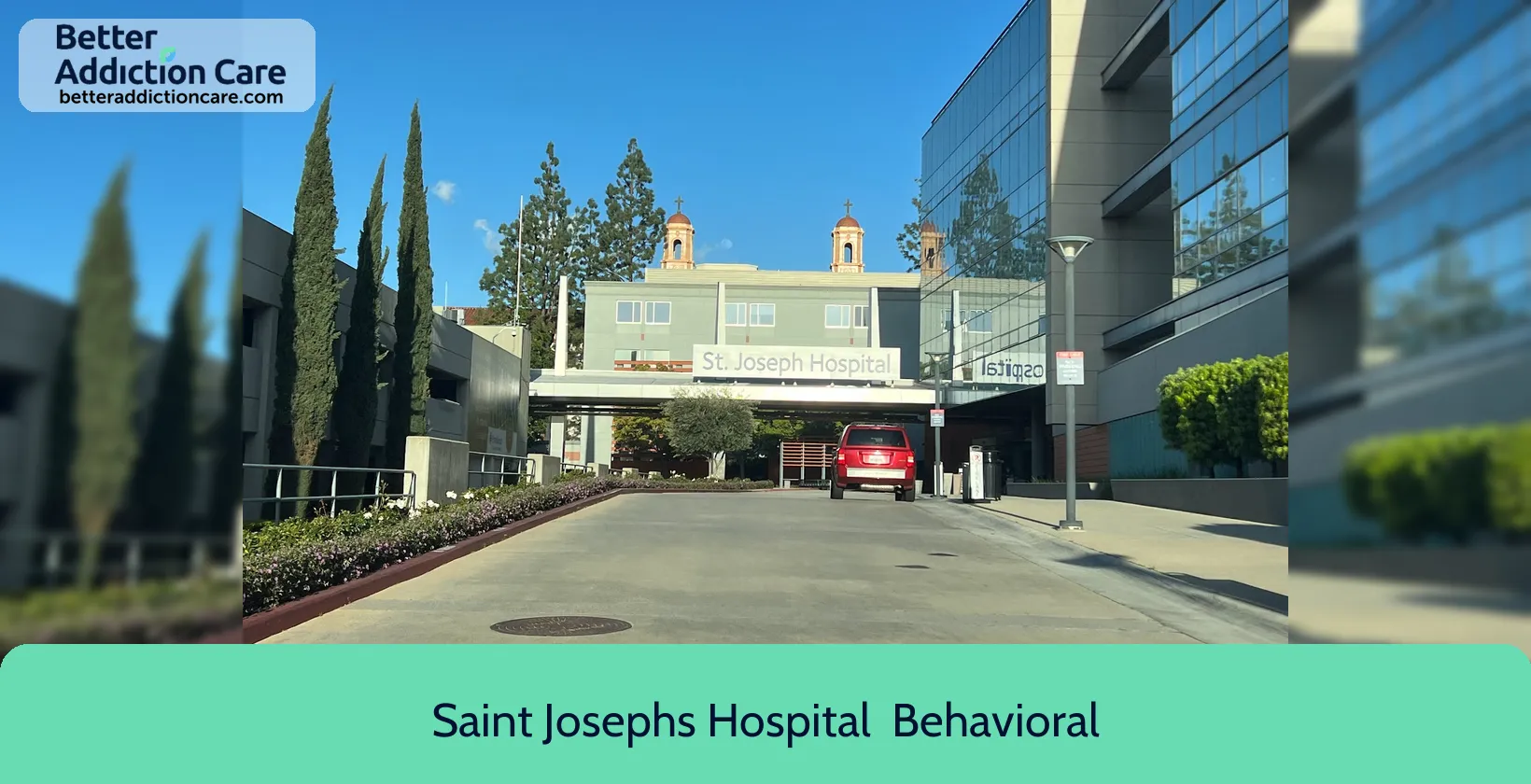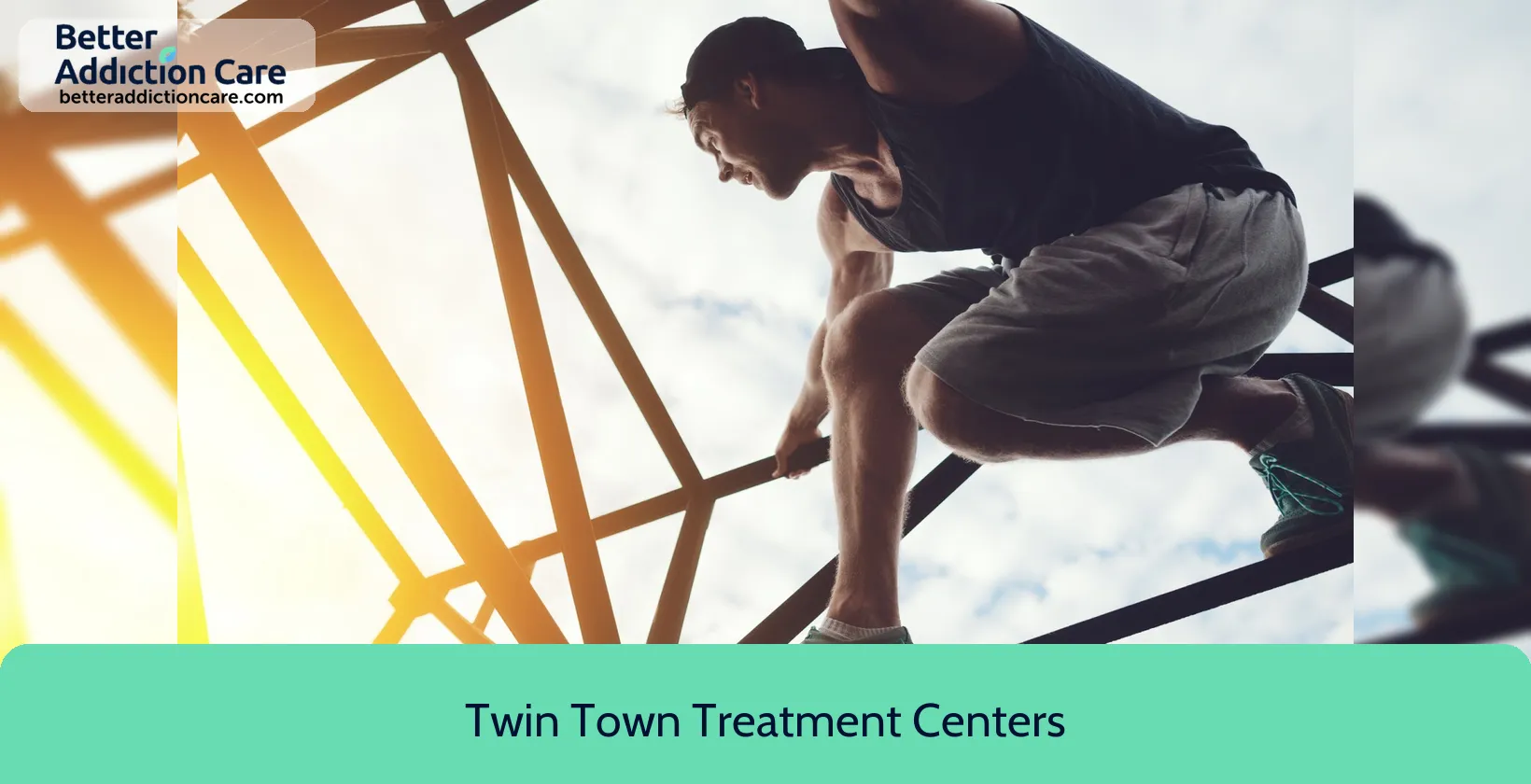Twin Town Treatment Centers
Overview
For both adults and kids, Twin Town Treatment Centers in Orange, California provides thorough alcohol and drug recovery treatments. The clinic offers intense outpatient programs that are specifically tailored to assist people in overcoming addiction and starting the process of recovery. They accept a number of payment methods, such as Medicare, Medi-Cal, private insurance, and self-payment.
Twin Town Treatment Centers are unique in that they are dedicated to making sure every client gets the right treatment, even if that means directing them to other local doctors. The team may conclude after the first evaluation that a client needs detoxification, medical attention, or psychiatric therapy in addition to outpatient counseling. Twin Town makes sure that customers are linked to the appropriate facilities that may suit their requirements, even when these services might not be offered on-site.
Twin Town Treatment Centers offers extensive and thorough outpatient services. They include of relapse prevention training, family and individual therapy, and educational seminars that explore the illness model of addiction. In order to meet the difficulties of life, clients gain important skills in relationship development, problem resolution, and healthy coping techniques. The majority of clients attend therapy for three hours every day, up to six days a week, which enables them to successfully incorporate their recovery efforts into their everyday life.
Most of the feedback from individuals who have completed Twin Town Treatment Centers' program is good. Numerous people have expressed gratitude to the case managers and counselors for their outstanding assistance and commitment, which has been crucial in assisting them in maintaining and advancing their recovery.
With six outpatient programs for drug use disorders located across Orange and Los Angeles Counties, Twin Town Treatment Centers are easily accessible for locals within a twenty-minute drive. The facility allows clients to continue meeting their obligations at home, school, and job while putting new coping skills into practice in real-time. Flexible schedule options include morning and evening classes for adults and an evening program for teenagers.
Twin Town Treatment Centers has been a reputable supplier of evidence-based addiction treatment in the Los Angeles and Orange County regions for more than 25 years. The Joint Commission's accreditation and the State of California's certification, which guarantee that the center's services are provided with the highest standards of ethics and integrity, are testaments to its dedication to providing high-quality treatment.
Twin Town Treatment Centers at a Glance
Payment Options
- Private health insurance
- Cash or self-payment
- Payment assistance (check with facility for details)
- Per session
- Self-pay options
Assessments
- Comprehensive mental health assessment
- Comprehensive substance use assessment
Age Groups
- Adults
- Children/adolescents
Operation
- Private for-profit organization
Highlights About Twin Town Treatment Centers
6.62/10
With an overall rating of 6.62/10, this facility has following balanced range of services. Alcohol Rehabilitation: 8.00/10, Drug Rehab and Detox: 6.00/10, Insurance and Payments: 6.00/10, Treatment Options: 6.49/10.-
Alcohol Rehabilitation 8.00
-
Treatment Options 6.49
-
Drug Rehab and Detox 6.00
-
Insurance and Payments 6.00
Accreditations
State department of health:

Government agencies issue State Licenses, granting permission to rehabilitation organizations to conduct their business operations lawfully within specific geographic regions. Generally, the particular rehabilitation programs offered by a facility and its physical location dictate the necessary licenses needed for legal operation.
The Joint Commission:

The Joint Commission accreditation for addiction and behavioral health is a prestigious recognition signifying a facility's commitment to delivering high-quality care and safety for individuals dealing with substance abuse and mental health issues. It involves rigorous evaluations and assessments, ensuring patients receive evidence-based treatment and exceptional care. This accreditation demonstrates a facility's dedication to continuous improvement and ethical practices, building trust among patients and healthcare professionals seeking top-tier addiction and behavioral health services.
Treatment At Twin Town Treatment Centers
Treatment Conditions
- Mental health treatment
- Alcoholism
- Opioid Addiction
- Substance use treatment
- Co-occurring Disorders
Care Levels
- Intensive outpatient treatment
- Detoxification
- Aftercare
- Outpatient
- Outpatient detoxification
Treatment Modalities
- 12-step facilitation
- Family counseling
- Group counseling
- Individual psychotherapy
- Cognitive Behavioral Therapy

Additional Locations
Get Help Now
Common Questions About Twin Town Treatment Centers
Contact Information
Other Facilities in Orange

6.75

6.65

6.77
DISCLAIMER: The facility name, logo and brand are the property and registered trademarks of Saint Josephs Hospital - Behavioral Health Services, and are being used for identification and informational purposes only. Use of these names, logos and brands shall not imply endorsement. BetterAddictionCare.com is not affiliated with or sponsored by Saint Josephs Hospital - Behavioral Health Services.


